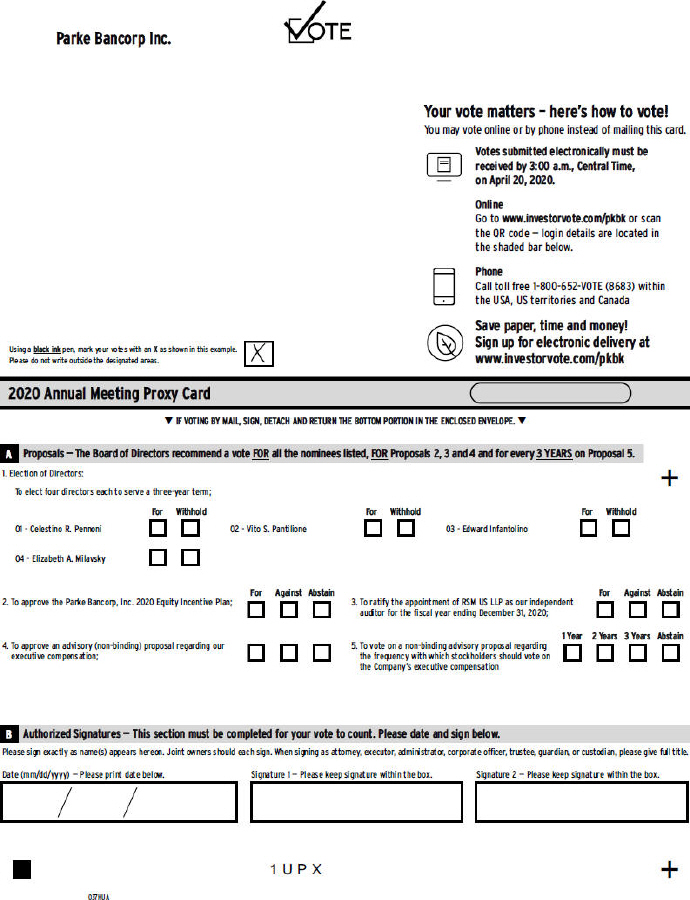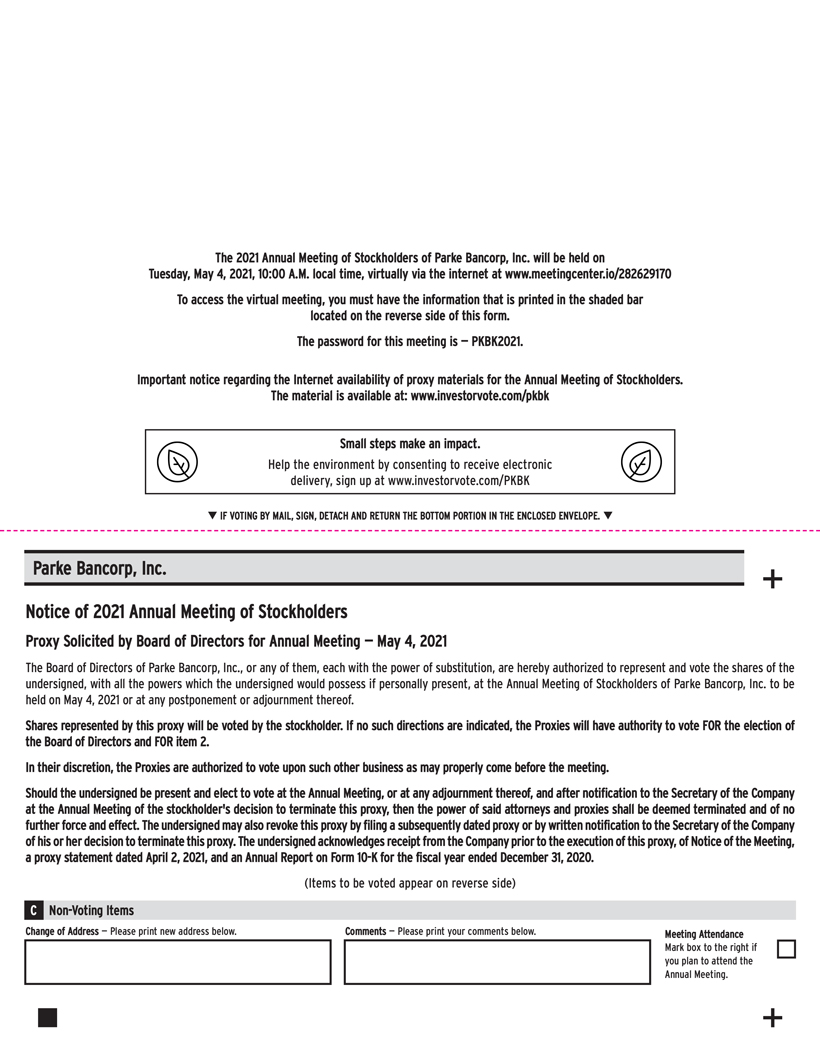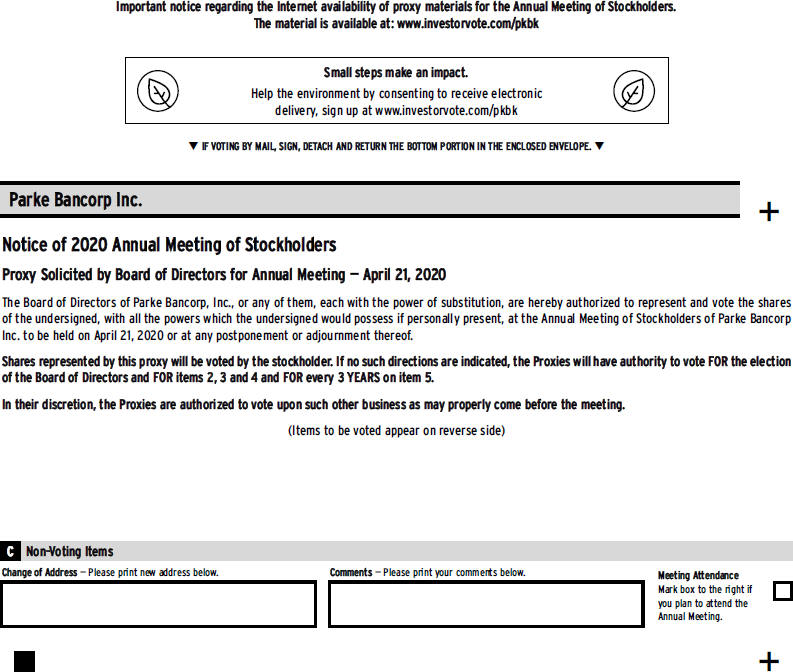Employee of the Company, shall be indemnified and held harmless by the Company against and from any loss (including amounts paid in settlement), cost, liability or expense (including reasonable attorneys’ fees) that may be imposed upon or reasonably incurred by him or her in connection with or resulting from any claim, action, suit, or proceeding to which he or she may be a party or in which he or she may be involved by reason of any action taken or failure to act under the Plan and against and from any and all amounts paid by him or her in settlement thereof, with the Company’s approval, or paid by him or her in satisfaction of any judgment in any such action, suit, or proceeding against him or her, provided he or she shall give the Company an opportunity, at its own expense, to handle and defend the same before he or she undertakes to handle and defend it on his or her own behalf, unless such loss, cost, liability, or expense is a result of his or her own willful misconduct or gross negligence, or except as expressly provided by statute or regulation. The foregoing right of indemnification shall not be exclusive of any other rights of indemnification to which such persons may be entitled under the Company’s charter or bylaws, as a matter of law, or otherwise, or any power that the Company may have to indemnify them or hold them harmless.
Section 7.12No Fractional Shares; Minimum Issuances. Unless otherwise permitted by the Committee, no fractional shares of Stock shall be issued or delivered pursuant to the Plan or any Award. The Committee shall determine whether cash or other property shall be issued or paid in lieu of fractional shares or whether such fractional shares or any rights thereto shall be forfeited or otherwise eliminated by rounding down. No fewer than 100 shares of Stock may be purchased on exercise of any Stock Option unless the total number purchased or exercised is the total number at the time available for purchase or exercise by the Participant.
Section 7.13Governing Law. The Plan, all Awards granted hereunder, and all actions taken in connection herewith shall be governed by and construed in accordance with the laws of the State of New Jersey without reference to principles of conflict of laws, except as superseded by applicable federal law. The federal and state courts located in the State of New Jersey within thirty miles of the Company’s principal office, shall have exclusive jurisdiction over any claim, action, complaint or lawsuit brought under the terms of the Plan. By accepting any award under this Plan, each Participant and any other person claiming any rights under the Plan agrees to submit himself or herself and any legal action that the Participant brings under the Plan, to the sole jurisdiction of such courts for the adjudication and resolution of any such disputes.
Section 7.14Benefits Under Other Plans. Except as otherwise provided by the Committee or as set forth in a Qualified Retirement Plan, Awards to a Participant (including the grant and the receipt of benefits) under the Plan shall be disregarded for purposes of determining the Participant’s benefits under, or contributions to, any Qualified Retirement Plan,non-qualified plan and any other benefit plans maintained by the Participant’s employer. The term “Qualified Retirement Plan” means any plan of the Company or a Subsidiary that is intended to be qualified under Code Section 401(a).
Section 7.15Validity. If any provision of this Plan is determined to be illegal or invalid for any reason, said illegality or invalidity shall not affect the remaining parts hereof, but this Plan shall be construed and enforced as if such illegal or invalid provision has never been included herein.
Section 7.16Notice. Unless otherwise provided in an Award Agreement, all written notices and all other written communications to the Company provided for in the Plan or in any Award Agreement, shall be delivered personally or sent by registered or certified mail, return receipt requested, postage prepaid (provided that international mail shall be sent via overnight ortwo-day delivery), or sent by facsimile, email or prepaid overnight courier to the Company at its principal executive office. Such notices, demands, claims and other communications shall be deemed given:
(a) in the case of delivery by overnight service with guaranteed next day delivery, the next day or the day designated for delivery;
A-15










